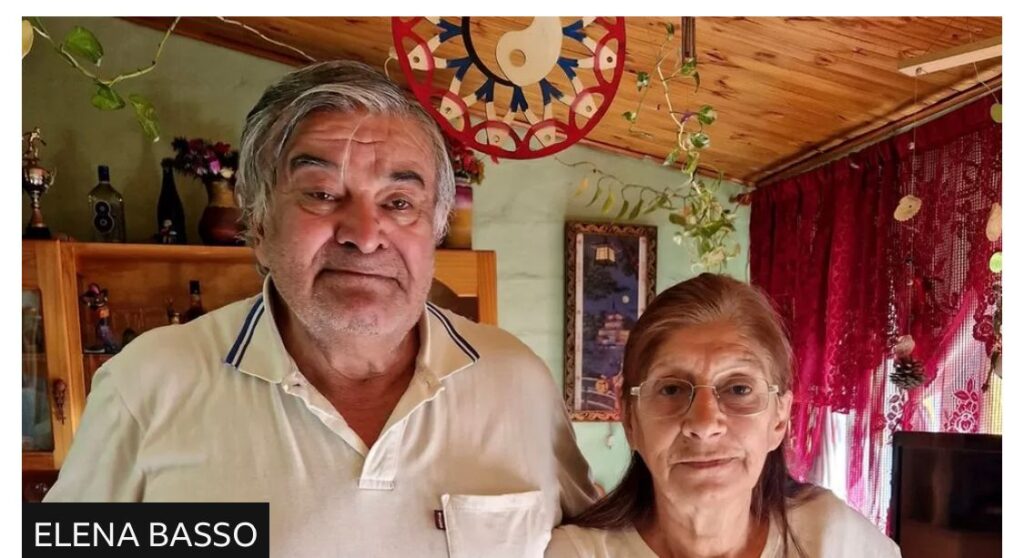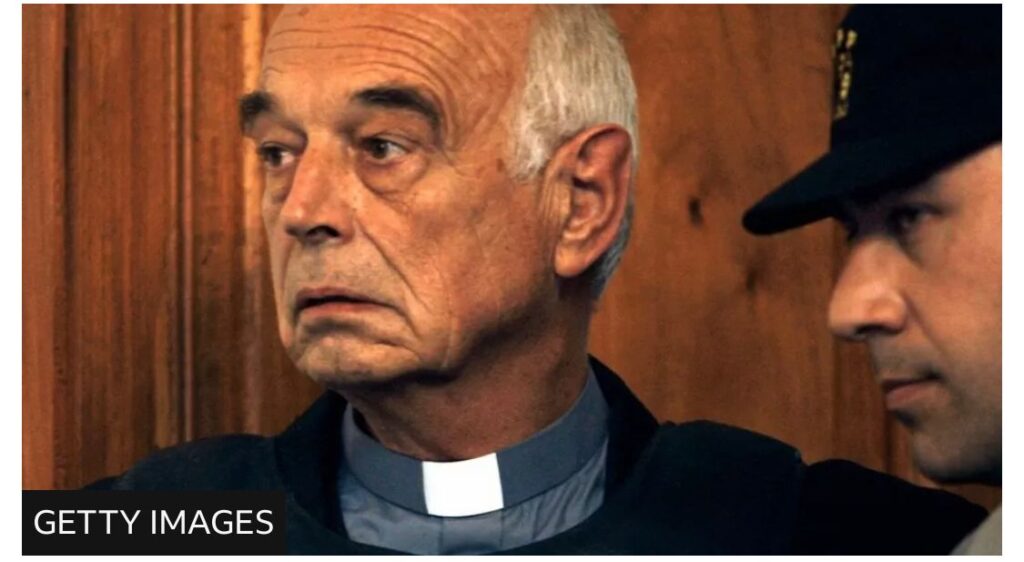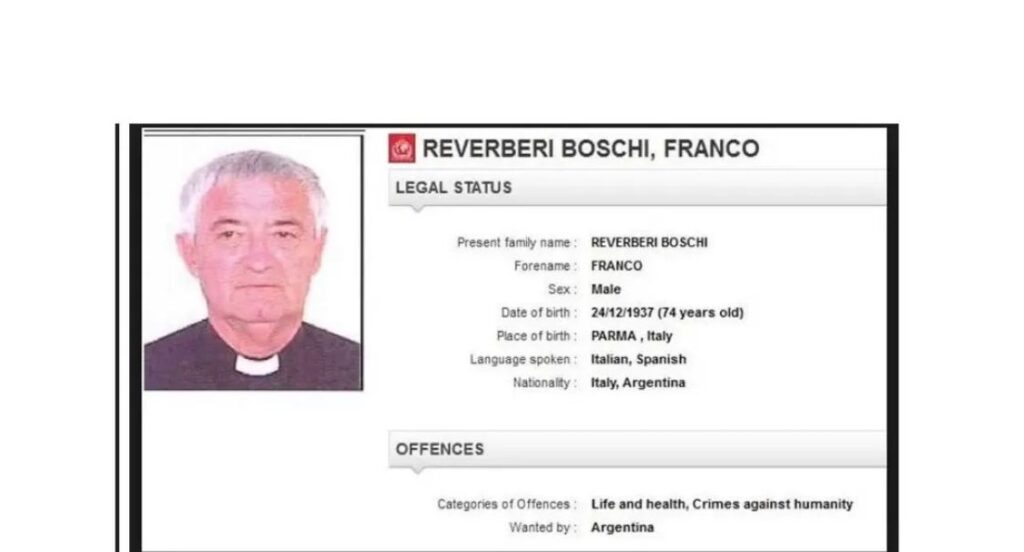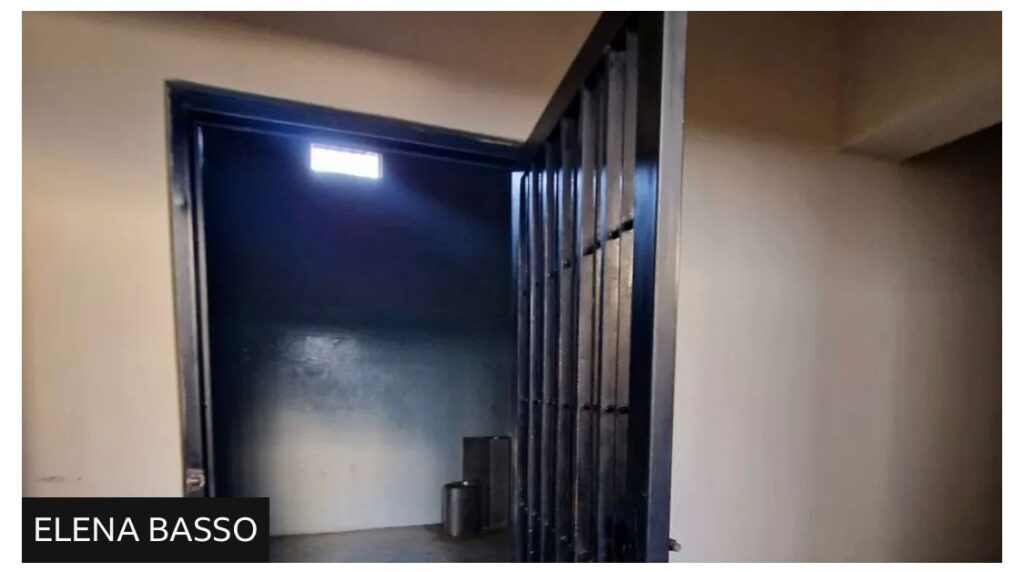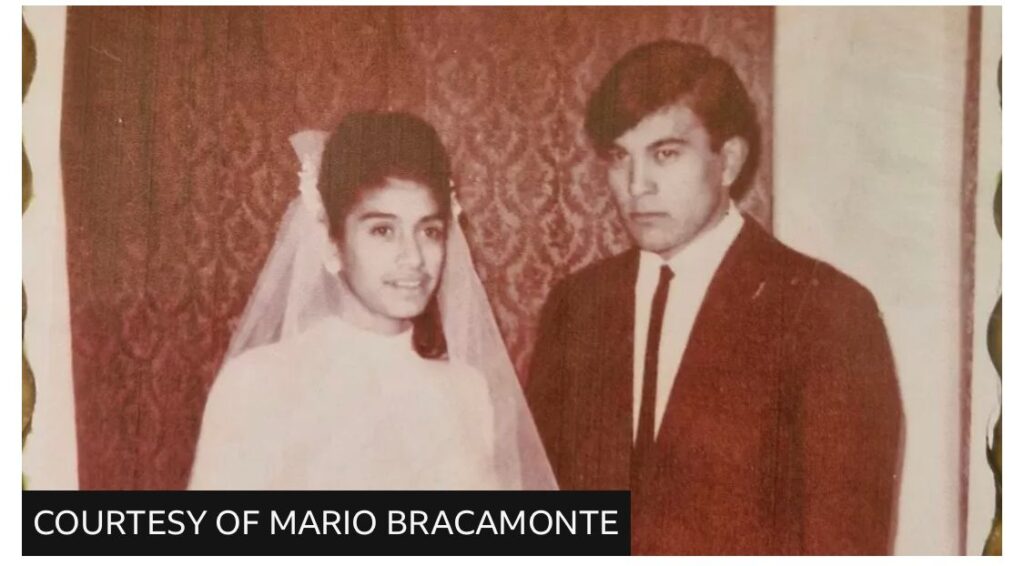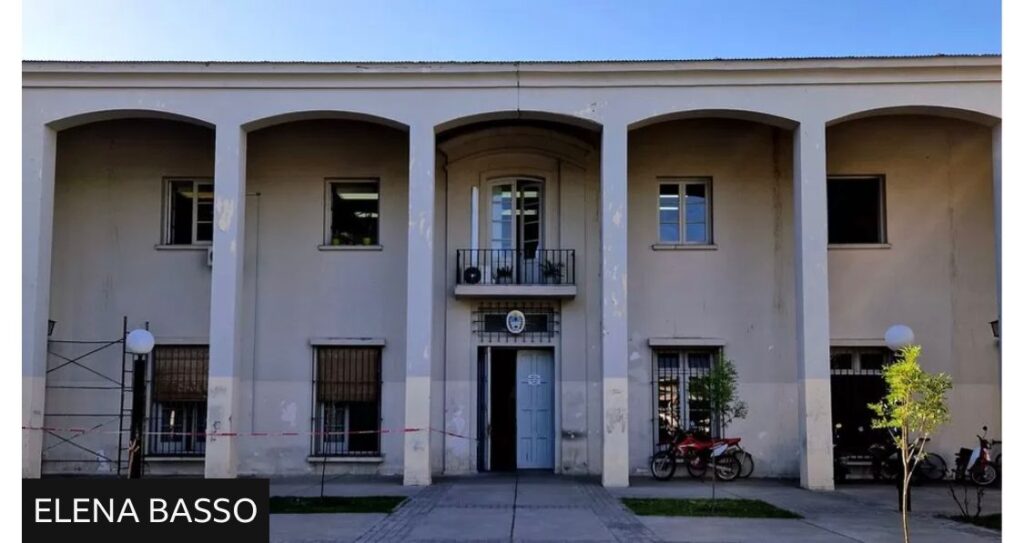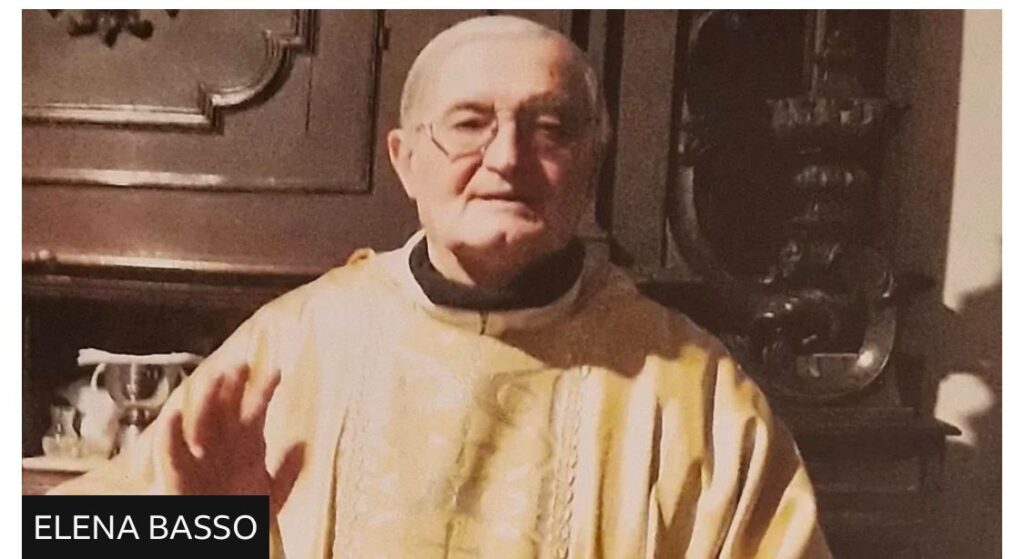
“When Franco Reverberi, the priest from our village, walked into my prison cell, I thought my end had come,” recalls Mario Bracamonte, his voice heavy with the weight of memories.
The presence of a clergyman offered no solace to Mario, who lay on the blood-soaked floor of his prison cell after a night of unspeakable torment. The image of Reverberi, dressed in his military uniform, entering the cell with an impassive gaze, was beyond belief.
Mario Bracamonte was among the thousands of Argentines who fell victim to the brutality of soldiers following the military coup on March 24, 1976. The junta, led by Jorge Videla, ruthlessly targeted anyone who dared oppose their dictatorship, resulting in the estimated deaths of 30,000 individuals before democracy was restored in 1983. BBC reports.
At the age of 28, Mario had unwittingly become a target due to his involvement in left-wing activism. Like countless others, he was forcibly taken to a covert detention center, where perceived enemies of the regime were subjected to unspeakable horrors, away from the eyes of the world.
Many didn’t survive this ordeal, some meeting their end on “death flights” – a macabre practice involving drugging victims and hurling them from aircraft into the sea while still conscious.
Remarkably, Mario survived. After being shuttled between various clandestine detention centers in Mendoza and La Plata, he was finally released on March 4, 1977, nearly a year after his arrest. His wife, Titi, who had been held at La Departamental detention center in their hometown of San Rafael, also managed to escape with her life intact.
However, the scars ran deep, and for years, they remained silent about their harrowing experiences – not only to the public but even to each other.
The turning point came in 2010 when Franco Reverberi was summoned as a witness in a trial against soldiers accused of crimes committed during the military rule. Astonishingly, Father Franco Reverberi, an Italian by birth, had regularly frequented the clandestine detention center.
Instead of offering solace or assistance to the prisoners, he stood by and watched them endure torture, sometimes clutching a Bible as he proclaimed that it was God’s will for them to divulge the information their torturers sought.
Following the damning testimonies of four former detainees, including Mario Bracamonte, Reverberi was charged in October 2010. While not the first member of the Catholic clergy to face allegations of collaboration with Argentina’s military junta, he took an extraordinary step – fleeing to his homeland in May 2011 before he could be prosecuted.
Reverberi settled in Sorbolo, a small town in northern Italy, where his family had emigrated when he was just 11. In this tight-knit community of 10,000 residents, few wanted to discuss the allegations against him.
For Ilaria, a local actress, the revelation in 2021 about the accusations against Reverberi was a shock. She was dismayed to discover that almost everyone was aware of the allegations, leaving her feeling alienated in her own hometown.
Lorenza Ramazzotti, a retired teacher, noted that the community was divided on the issue. While some supported Reverberi, she couldn’t comprehend how he could carry the weight of such grave accusations if he were truly innocent.
Manuel Furlan, a 25-year-old student, felt deep shame upon learning that a person accused of such crimes, especially a priest, hailed from and lived in his village. He urged for Reverberi’s extradition to Argentina, where he could stand trial and establish his guilt or innocence.
Argentina has repeatedly requested Reverberi’s extradition, but he has eluded justice, citing health reasons for his inability to return. However, a second extradition request in 2021, supported by evidence placing him at the detention center, gained momentum.
This request also implicated Reverberi in the murder of José Guillermo Berón, a 20-year-old Argentine who disappeared in 1976. Earlier this month, the Italian justice minister approved the second extradition request after Italy’s highest court gave its endorsement. Still, an ongoing appeal lodged by Reverberi’s lawyer has stalled the process.
Mario Bracamonte, now approaching 80, eagerly anticipates the day when Reverberi faces extradition. He yearns to look the priest in the eyes and ask where the bodies of other disappeared activists lie – a quest for truth and justice that has spanned a lifetime.
Laura Berón, the niece of the vanished activist José Guillermo Berón, shares this hope, even though she knows that Reverberi may never truly atone for the immense damage he’s caused while living much of his life in impunity.
